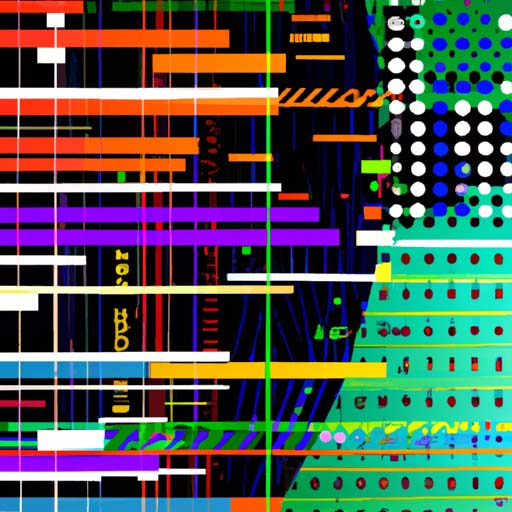The University of Arts Linz’s ‘Fashion and Technology’ course encourages students to explore innovative and sustainable designs, creating a fusion of art and technology. Here we review ten stand-out projects, each unique in their approach and inspiration.
- From waste to wow by Marilies Luger: Utilising industrial textile waste, Luger transforms scraps and faulty knitted fabrics into extravagant one-of-a-kind pieces.
- Hold by Antonia Möltgen: Möltgen’s collection uses deep pressure therapy to promote human relationships and provide calm through clothing, inspired by the soothing effect of hugs.
- Fiume by Selina Stangelmaier: Stangelmaier uses brown algae, a rapidly growing plant that offsets CO2, to create experimental yarns, prints, and coatings for her collection.
- Sissy by Peter Fellner: This project explores the queer appropriation of heteronormative dress codes and traditions, utilizing colorful balloons and human hair in an imaginative knit design.
- Soft Bodies by Sandra Kallay: Inspired by gaming world aesthetics, Kallay’s collection reflects the development stages of avatars in computer games, transitioning them from flat to 3D representations.
- Textile-ID by Mira Haberfellner: Haberfellner develops a unique way of representing data in 2D through knit patterns, enabling wearers to access detailed information about materials, production conditions, and the ecological footprint of a garment.
- Emotion by Teresa Fröhlich: Fröhlich created a reactive garment that reflects the emotional world of the wearer, using specially designed material textures that react to movement.
- Staring Constantly by Toni Alberti: Alberti’s project encapsulates the dark nostalgia of a generation that grew up online, expressing their perception through digitally inspired designs.
- Tension by Mert Oezdemir: Oezdemir explores the material properties of yarns and knitted structures in his collection, creating new textures and physicality in fashion pieces when heated.
- Culinary Turn by Sandra Axinte: Axinte envisions a future where every resource is valuable, creating clothes using local, eco-friendly, renewable kitchen ingredients, thus turning food waste into passionate colors and alternative materials.
All these projects highlight the University of Arts Linz’s focus on future-oriented fashion design that transcends traditional notions, promoting sustainability, inclusion, and the exploration of alternative materials and design methods.
